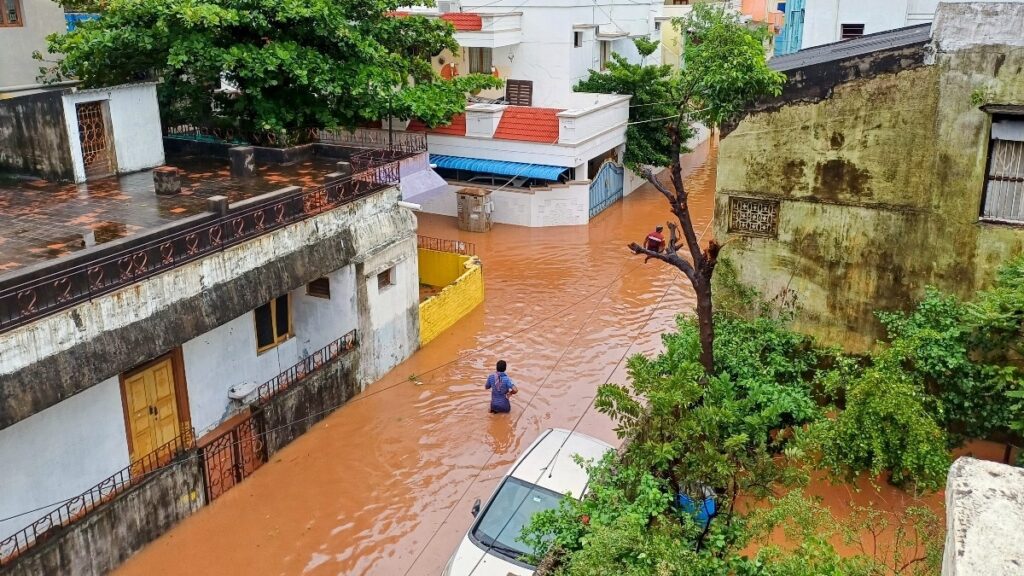Skip to content
Skip to footer

Cyclone Fenjal, one of the most intense tropical cyclones to hit India in recent years, left a trail of destruction and chaos in its wake. The city of Chennai, which bore the brunt of the cyclone’s fury, was brought to its knees as the storm surge and heavy rainfall caused widespread flooding and water contamination. This article examines the impact of Cyclone Fenjal on Chennai and highlights the need for a more robust and resilient water management system.
Cyclone Fenjal was a perfect storm that caught Chennai off guard. The cyclone’s rapid intensification and unexpected change in trajectory meant that the city was ill-prepared to face the storm’s fury. The resulting flooding and water contamination were a direct result of the city’s inadequate drainage system and lack of preparedness.
The flooding caused by Cyclone Fenjal had a devastating impact on Chennai’s residents. The floodwaters contaminated the city’s water supply, posing a significant threat to human health. The contamination of the water supply was further exacerbated by the city’s inadequate sewage treatment infrastructure, which allowed raw sewage to flow into the floodwaters.
The human cost of Cyclone Fenjal was staggering. Thousands of people were displaced, and many more were affected by the flooding and water contamination. The cyclone also had a significant impact on the city’s economy, with many businesses and industries forced to shut down due to the flooding.
The devastation caused by Cyclone Fenjal highlights the need for a more robust and resilient water management system in Chennai. The city’s drainage system needs to be upgraded to handle heavy rainfall and storm surges. Additionally, the city needs to invest in more effective sewage treatment infrastructure to prevent the contamination of the water supply.
To mitigate the impact of future floods, the city of Chennai needs to implement a comprehensive flood mitigation plan. This plan should include the upgrading of the city’s drainage system, the construction of new flood protection infrastructure, and the implementation of more effective flood warning systems.
Technology can play a critical role in flood mitigation. Advanced flood warning systems can provide early warnings of impending floods, allowing residents to evacuate and seek safety. Additionally, technologies such as flood-resistant construction materials and smart water management systems can help to reduce the impact of flooding.
Cyclone Fenjal was a wake-up call for the city of Chennai. The cyclone’s devastating impact highlights the need for a more robust and resilient water management system. The city needs to learn from the lessons of Cyclone Fenjal and invest in more effective infrastructure to prevent similar disasters in the future.